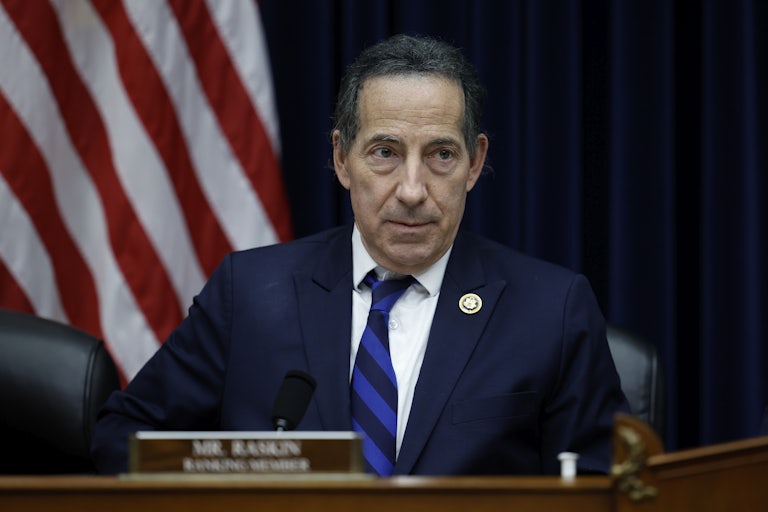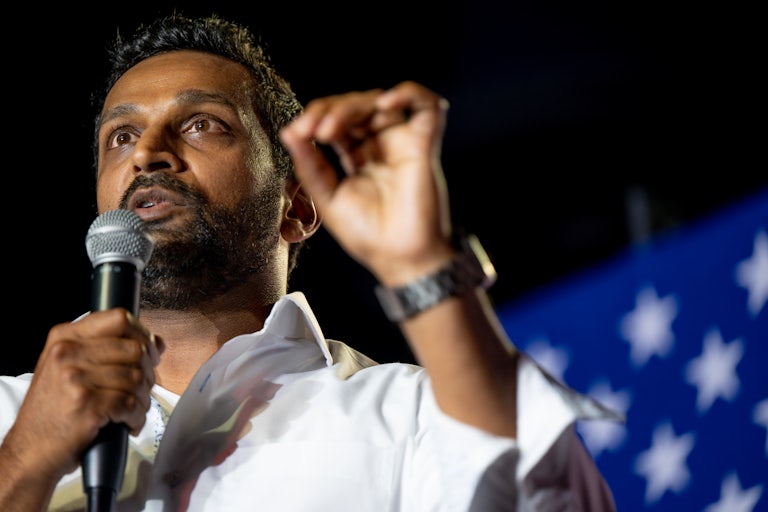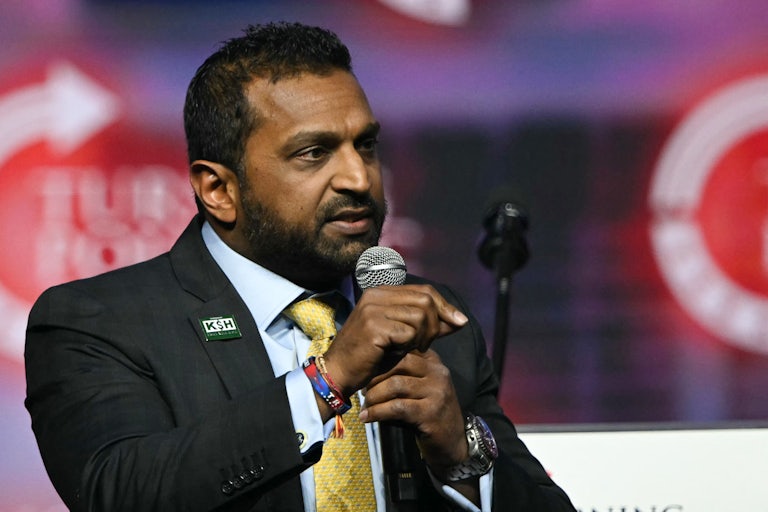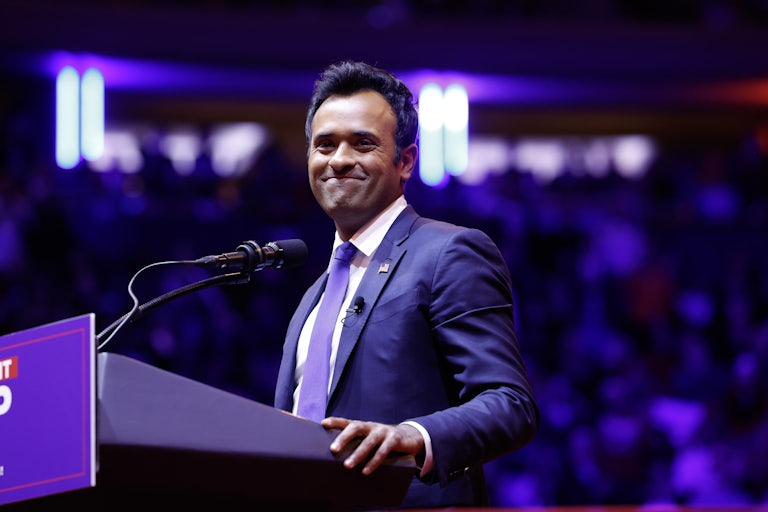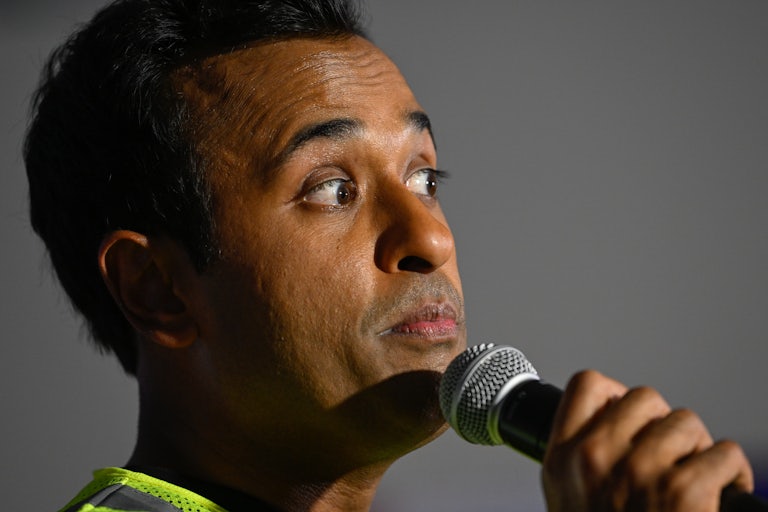Trump’s Genius Plan to Release Gaza Hostages: More War
As usual, the president thinks bellicose threats of force—very much including setting off a regional war with Iran—are the solution to all of the world's problems.

Donald Trump promised “HELL TO PAY” in the Middle East if hostages held by Hamas in Gaza aren’t released by his inauguration on January 20, 2025.
In a Truth Social post on Monday afternoon, Trump promised consequences “for those who perpetrated these atrocities against humanity,” saying those responsible “will be hit harder than anybody has been hit in the long and storied History of the United States of America. RELEASE THE HOSTAGES NOW!”
— Donald J. Trump Posts From His Truth Social (@TrumpDailyPosts) December 2, 2024
Trump’s comments came after Hamas issued a video statement saying 33 of its captives have been killed during Israel’s brutal war on Gaza dating back to October last year, when Hamas attacked Israel and took more than 250 hostages, according to Israeli tallies. Israel has killed more than 44,000 people, including 17,492 children, in its war on Gaza.
Last month, Israeli Prime Minister and accused war criminal Benjamin Netanyahu reportedly promised Trump a ceasefire between Israel and Hezbollah in Lebanon before Trump’s inauguration. A U.S.-brokered ceasefire was agreed upon last week, although it is already showing signs of unraveling.
Now Trump seems to want the release of hostages before his presidency begins but made no mention of a Gaza ceasefire as a prerequisite. The president-elect has remarked that Israel should “finish the job” in Gaza, basically endorsing the country’s yearlong campaign that has resulted in a humanitarian crisis and war crimes charges.
Trump’s latest comments raise the question of what “hell to pay” would mean for Gaza, whose infrastructure has been reduced to rubble. Is Trump threatening to use the U.S. military in airstrikes in the Middle East against Hamas’s allies in Lebanon, Syria, and Iran? If so, that would very much set off the regional war that Trump has claimed he doesn’t want.

